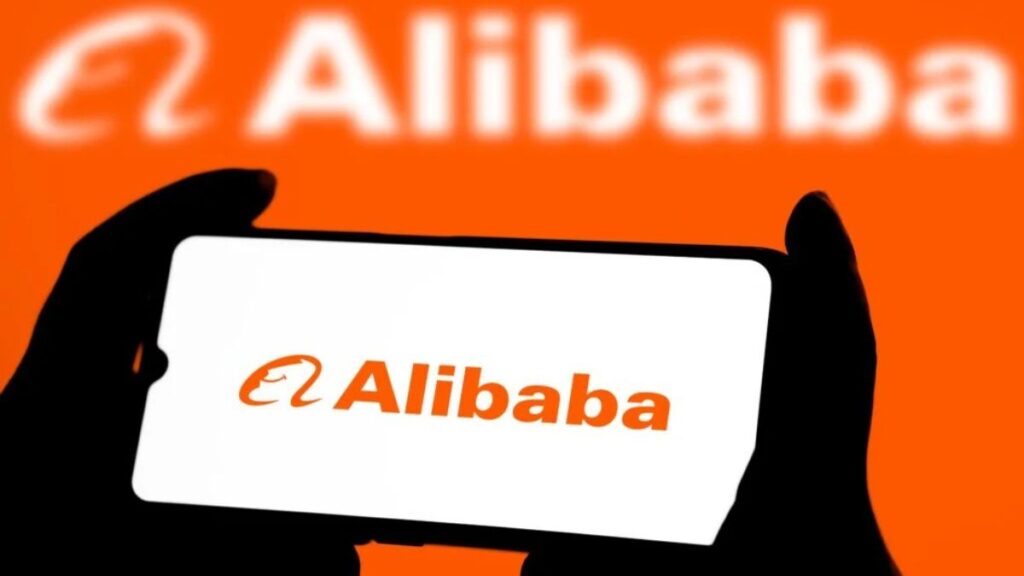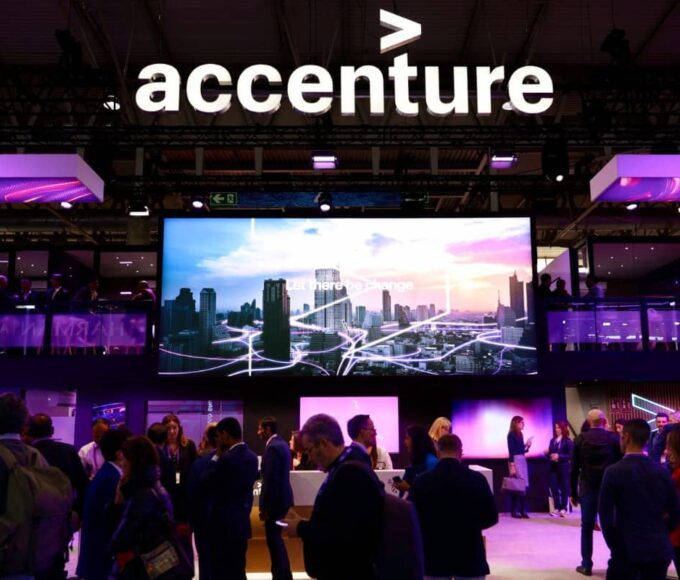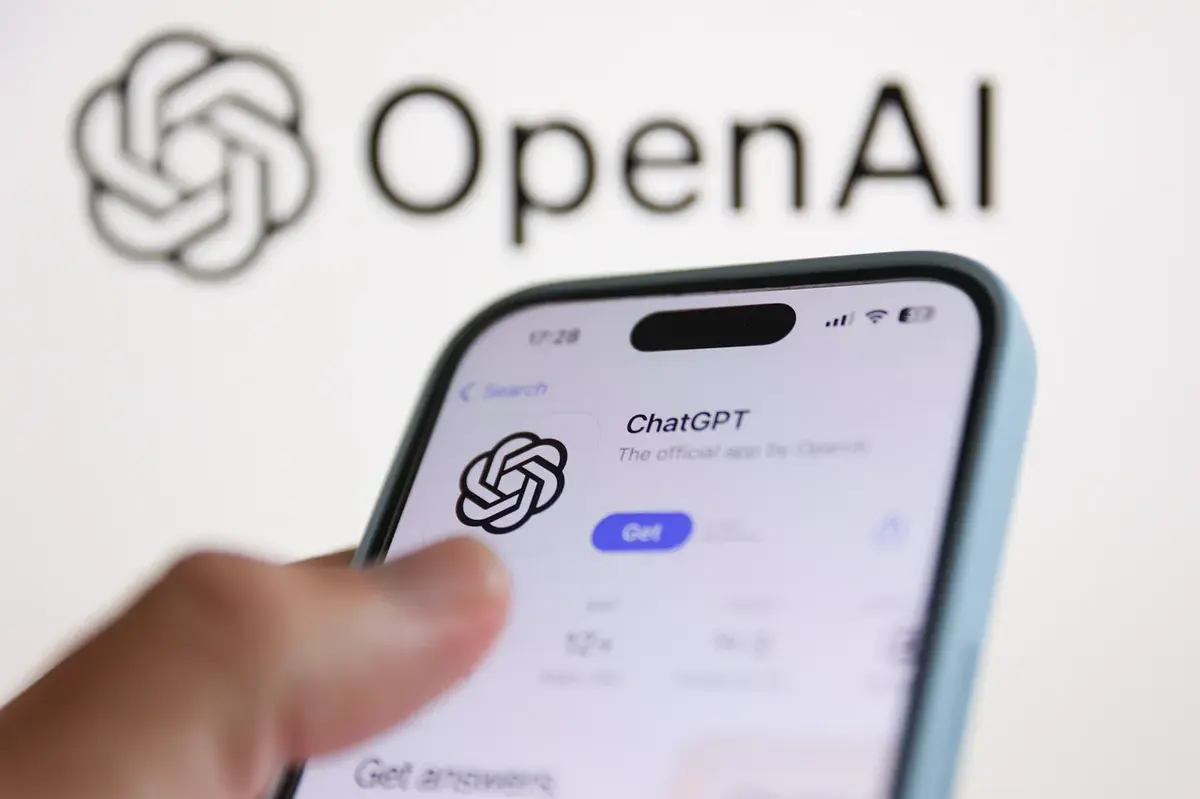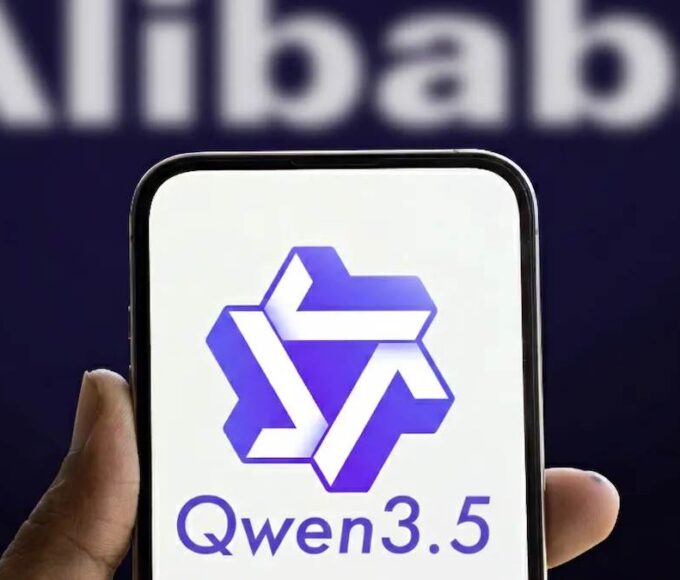Huawei has strongly denied allegations that its latest artificial intelligence model copied technology from Alibaba. The accusations came from research group HonestAGI, which claims Huawei’s Pangu Pro MoE model shows a striking similarity to Alibaba’s Qwen 2.5 14B model.
HonestAGI points to a 0.927 correlation in key technical features called attention parameters, a level much higher than expected between independently developed AI models. The group also alleges that a license file related to Alibaba’s Qwen model was found within Huawei’s code.
In response on July 5, Huawei said its Pangu Pro MoE model was “independently developed and trained,” featuring “key innovations in architecture design.” The company highlighted that the model runs entirely on its proprietary Ascend chip technology and complies with all open-source licensing rules, though it did not name specific codes used.
The controversy first spread widely on Chinese tech forums after HonestAGI posted a detailed technical report on GitHub, which was later removed. The debate centers on whether so-called “fingerprinting” methods — which analyze unique AI model patterns — can reliably detect plagiarism.

Huawei released the Pangu Pro MoE 72B model on China’s GitCode platform in late June to showcase its AI progress amid international scrutiny and U.S. sanctions. The company faces rising competition in China’s AI market, especially after startup DeepSeek’s open-source model launch earlier this year.
Alibaba has not publicly commented on the allegations. Its stock price dipped slightly after the news, reflecting market concerns.
This dispute highlights increasing tensions in China’s AI industry, where intellectual property rights, innovation transparency, and fierce competition remain critical issues.











